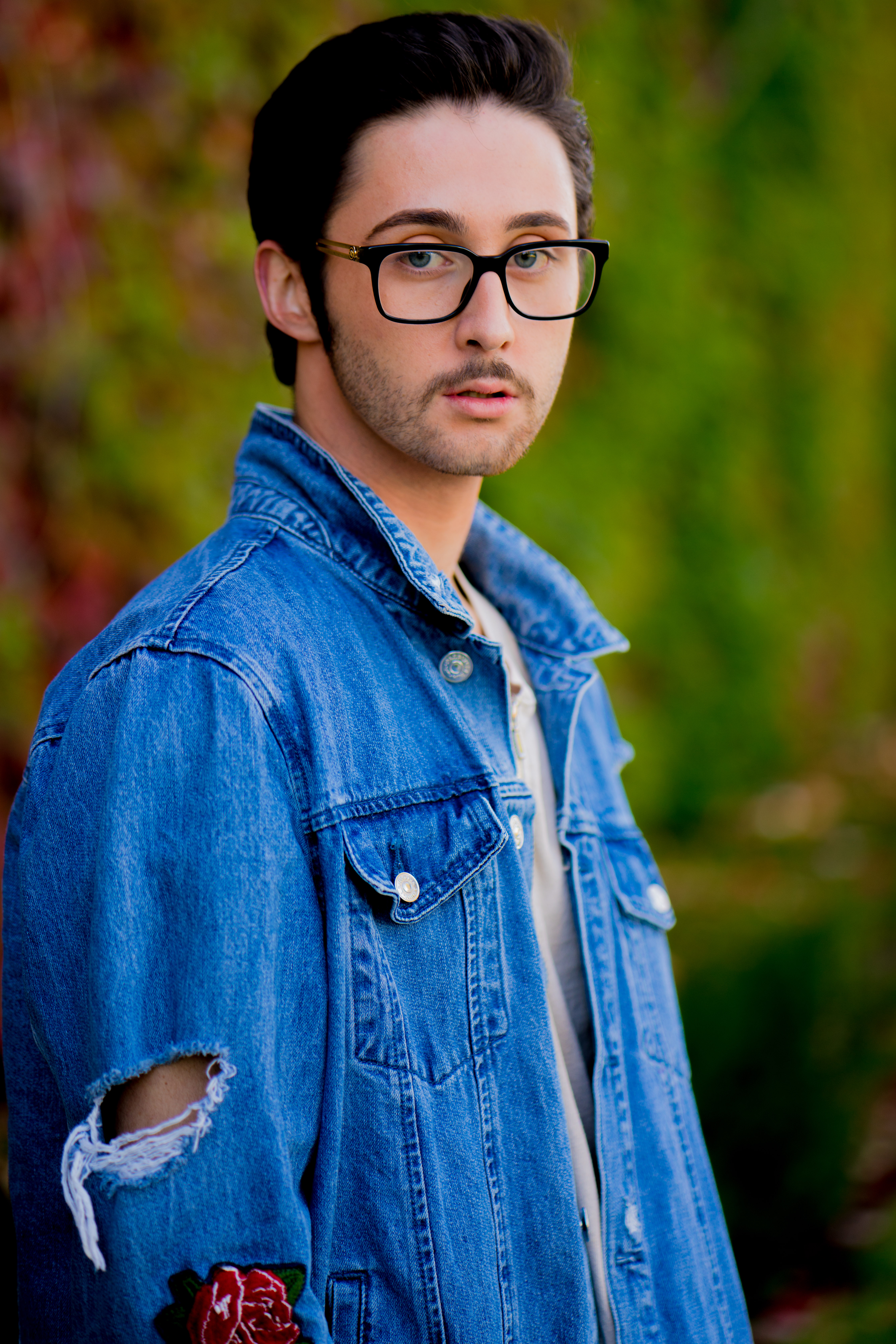I’ll never forget a talk given by the late Dr. Maya Angelou, one where she breathed life into the power of words.
“Words are things I’m convinced,” she explained. “You must be careful about the words you use…they get on the walls, they get in your wallpaper, they get in your rugs, in your upholstery, in your clothes and finally into you.”
I can’t help but think about the way we allow dangerous words into our sacred spaces, polluting the air and, as she so eloquently put it, ourselves, too.
See, this reality is one we effortlessly agree to day after day. We speak without thinking and, too often, assume that avoidance of derogatory slurs is the beginning and end to appropriate language in addressing others.
This fundamental step in communication isn’t an accomplishment, though. It’s a survival need. To live full lives, open to the possibilities of new learning, connections and revelations, we have to bar hateful language from our vocabulary. Past that, the pursuit of righteousness settles on “person-first language,” a concept taught in education but widely unadapted in our day-to-day discourse.
Person-first language focuses on addressing an individual before his or her obvious label, meaning a “black man” is a “man who is black,” a “gay woman” is a “woman who is gay,” a “transgender man” is a “man who is transgender.” And, even as I say this, I know there’s an anti-PC police officer waiting to crack down on my “liberal outlook.”
But, see, this thoughtful language carries major weight, first in the way we come across to others and, second, in the way we touch the world around us.
We’ve grown so accustomed to language that labels an individual all because it’s simple, easy to do and helps us categorize – something we’re always doing as humans. Humans can’t be categorized, though; we’re just far too complex.
For me, I’ve long been charged with the label of the “gay friend,” “gay photographer,” “gay coworker,” the list goes on and on. To me, though, this messaging says little about me and volumes about the speaker: I’m a GAY friend, carrying an entirely different approach to friendship. I’m a GAY photographer, looking at my work through the lens of my sexuality. I’m a GAY coworker, with an agenda I’ll sneak into my work whenever I get the chance.
But none of these thoughts are truthful. I’m a gay man, also a friend to many, photographer by hobby and worker by drive. My sexuality is a sidebar to my resume of human characteristics. My identity, and those of so many others, isn’t a headline: a few-word descriptor of what’s to come. Identity is something deserving of a face, name, personality and list of defining characteristics.
And I also can’t help but think of a friend who recently won an award for being a Promising Multicultural Student in Advertising. After winning his award, he consistently heard a lack of person-first commentary regarding this high honor, offered through the American Advertising Federation.
He was deductively made out to be the “hardworking black student, who accomplished so much.” But, as my friend sees things, he’s simply a hard-working student. And, yes, he’s also a student who is black – one who’s innately driven, despite his racial identity.
And these are just two examples, in my own life, of the restraining language we often use and consider appropriate, all because a pejorative term wasn’t thrown from our mouths like a long-awaited acquaintance. It’s dangerous in a one-time reference, and the more and more we use this minimalistic approach to how we discuss others, the more – as Dr. Angelou puts it – we become comfortable with the idea of restraint.
To reduce accomplishments, interests, passions and entire lives to one-characteristic descriptor is more than inconsiderate; it’s harmful. Done to an individual lacking a full scope of self-confidence and understanding, it can lead to internal stereotyping – where one reduces his or her own being to the only evident quality the public can see. This, while likely true, is a bold claim. Find facts to back it up.
It’s time we start seeing others as whole individuals – people first, with a multitude of defining characteristics afterwards.
Liam McGurl is the co-editor-in-chief at The Bona Venture
His email is mcgurllt14@bonaventure.edu






